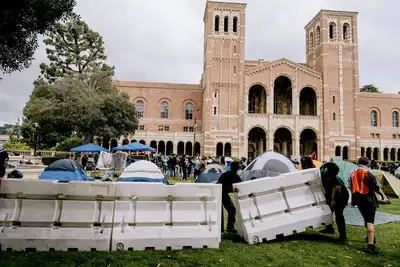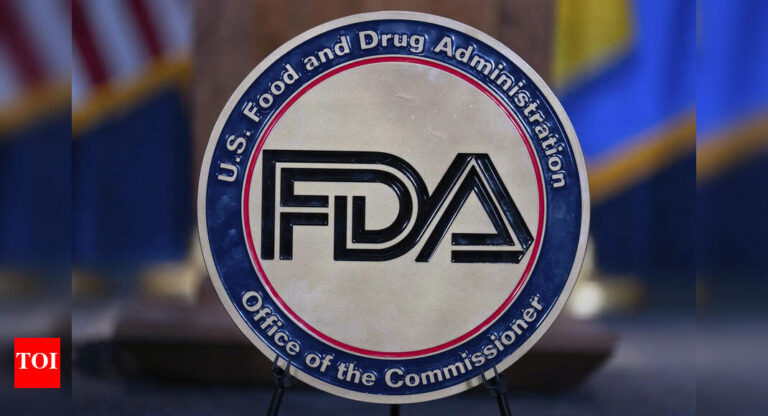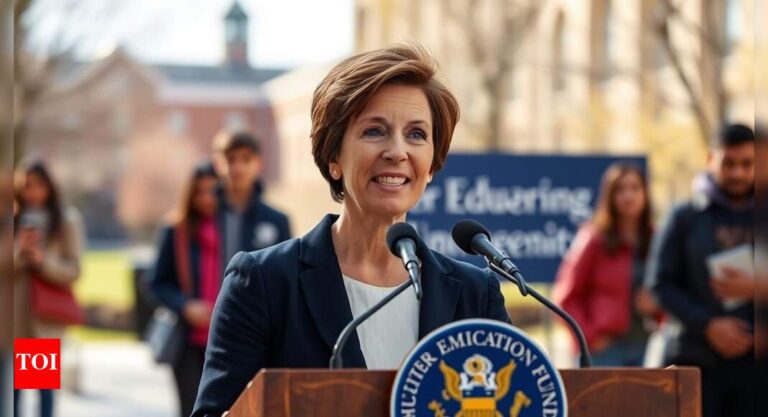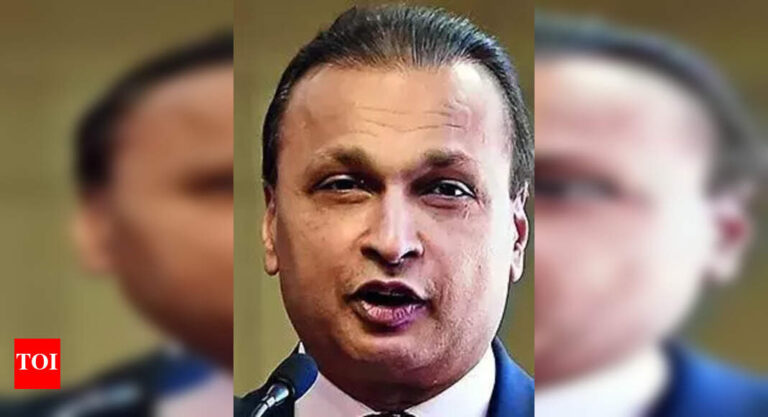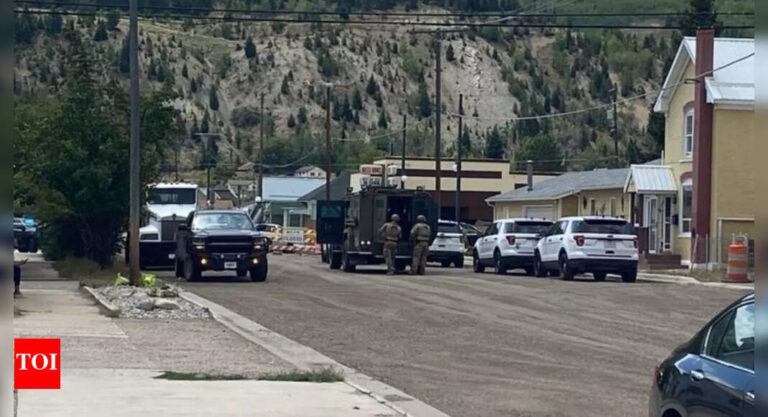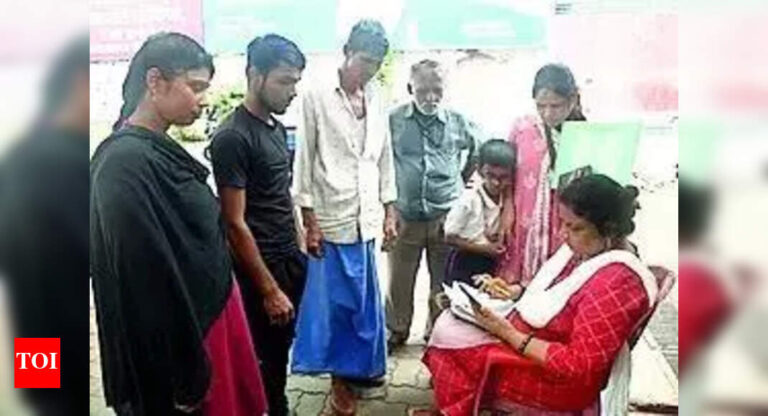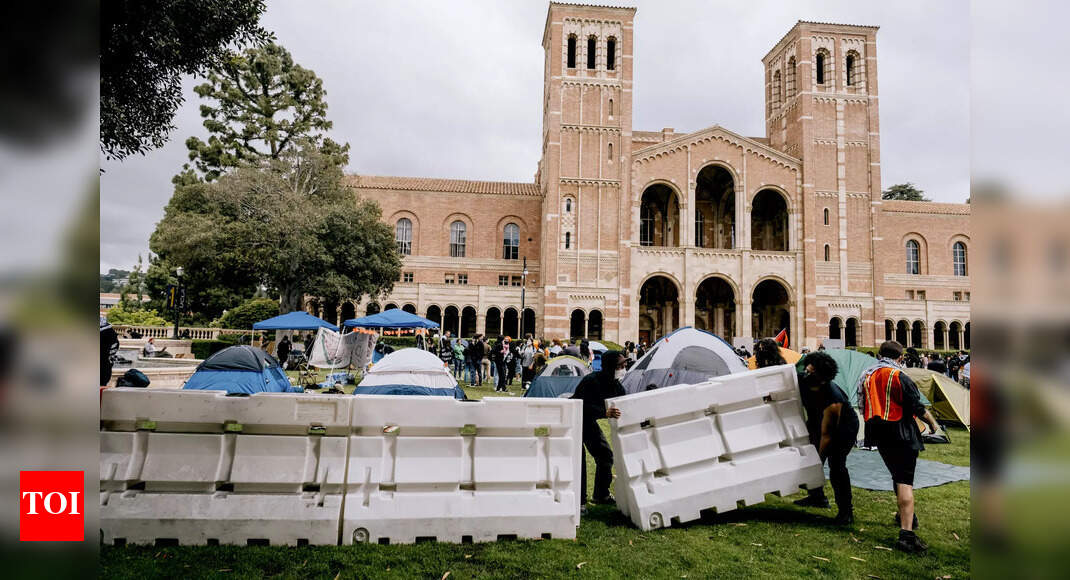
What happens when a university stands back while protests turn into blockades? At the University of California, Los Angeles, that question is no longer hypothetical. Following one of the most closely watched legal battles in the country over student safety and freedom of access, UCLA has agreed to pay $6 million to settle a civil rights lawsuit filed by three Jewish students and a Jewish professor.The case accused the university of failing to intervene when pro-Palestinian demonstrators in 2024 allegedly barred Jewish students from entering campus buildings during a wave of protests against Israel’s military operations in Gaza. It is not only the payout that is making headlines, but the legal and moral implications for higher education nationwide.
The turning point: A judge draws the line
The breakthrough came in 2024 when US District Judge Mark Scarsi issued a preliminary injunction against UCLA, marking the first time a federal court ruled against a university over its handling of on-campus anti-Israel demonstrations.In his ruling, Judge Scarsi rejected UCLA’s central defense, that the university could not be held responsible for the protesters’ actions because it did not organize the blockades. Scarsi found that UCLA failed in its duty to protect the rights of its students, stating unequivocally that the university must “develop and implement a plan” to ensure Jewish students are not prevented from accessing classes or facilities.The ruling signaled a clear departure from previous interpretations of institutional neutrality, sending a stern message: Inaction, especially when it leads to targeted exclusion, is a liability.
What the lawsuit alleged
The plaintiffs, who have not been named publicly, alleged that during the protests, demonstrators physically blocked entrances to classrooms, formed human chains around campus buildings, and targeted students based on their identity or perceived support for Israel. Some said they were verbally harassed and feared for their safety when attempting to attend lectures.While the university did call on law enforcement at various points and dismantled some of the protest encampments, the court found those efforts insufficient.“This was never about limiting speech, it was about restoring a basic right to be present, to learn, and to feel safe,” one plaintiff told the court as reported by the Associated Press. “We were shut out of our own university because we were Jewish. That is not freedom of expression. That is discrimination.”
The price of delay
Though UCLA has not admitted fault, its decision to settle comes after months of legal scrutiny and mounting pressure from civil rights groups. The $6 million settlement not only covers damages but signals the reputational toll the university has suffered as a result of its handling of the protests.In response to the case, the broader University of California system has introduced new protest guidelines applicable across its campuses. These measures are aimed at striking a balance between the right to protest and the duty to ensure safe and equal access to educational spaces.
A cautionary tale for American universities
Legal experts are calling the settlement a watershed moment. “This case is a wake-up call,” said a civil liberties attorney closely following the case. “Universities cannot simply shrug and cite free speech when student access and safety are at stake. The Constitution protects protest, yes, but not at the expense of another student’s civil rights.”The ruling and its aftermath are expected to have national implications. As college campuses across the country become flashpoints for geopolitical debates, institutions must now reckon with the legal and ethical lines between demonstration and obstruction, protest and persecution.
The bigger picture
The UCLA case is not just about one protest, one campus, or one group of students. It’s a test of whether American universities can uphold their commitment to both free expression and equal protection. And in this instance, the court made it clear: Silence is not neutrality, and inaction is not protection.In settling this case, UCLA may have closed one legal chapter, but it has opened a broader conversation. Where does protest end and accountability begin? For universities across the nation, that question is no longer theoretical. It’s urgent.

